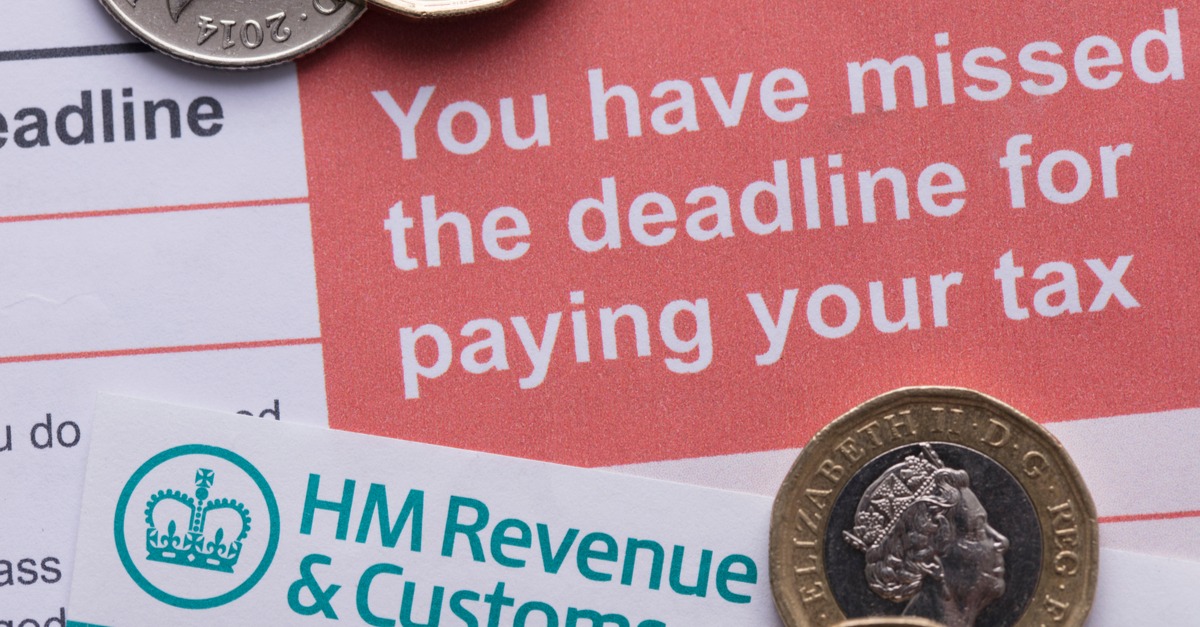Coronavirus & Tax Planning: Exceptional Circumstances
April 3rd, 2020, Legal Updates, News
One of the key aspects of tax residence is the days an individual spends in the UK in the tax year combined with the number of ties (namely, family tie, accommodation tie, work tie, 90-day tie and country tie) that that individual has.
Broadly the more ties that an individual has, the fewer days they can spend in the UK before being treated as tax resident. For this purpose, a day is defined as ‘any midnight’ spent in the UK and so days of arrival will count as a day, whereas days of departure will not. There is an exception to this rule which disregards a number of days spent in the UK that relate to ‘Exceptional Circumstances’.
Within their guidance, HMRC has provided examples of what constitutes an exceptional circumstance. This list is non-exhaustive but includes national or local emergencies and sudden or life-threatening illness or injury.
According to HMRC’s updated guidance note, the list of exceptional circumstances has been extended to cover a number of certain Covid-19 related circumstances, such as if an individual:
- is quarantined or advised by a health professional or public health guidance to self-isolate in the UK as a result of the virus;
- find themselves advised by official Government advice not to travel from the UK as a result of the virus;
- are unable to leave the UK as a result of the closure of international borders; or
- are asked by their employer to return to the UK temporarily as a result of the virus.
These will only constitute exceptional circumstances if the individual had previously intended to leave the UK at an earlier date, and the individual retains the intention to leave as soon as it is possible to do so.
Given the additional unprecedented restrictions that have been put in place at the start of this week, one (or more) of the above circumstances may apply to individuals. It is useful to note though that if the exceptional circumstances apply, then the maximum number of days that may be excluded is 60 days per tax year.
This could affect an individual’s UK tax residency for either the 2019/20 or 2020/21 tax year. The most immediate tax consequence of becoming tax resident in the UK is that individuals are subject to tax on their worldwide income and gains, save for specific rules for non-UK domiciled individuals. Non-UK tax residents are only subject to tax on their UK source income and gains related to UK residential property. This may lead to exposure to a large (and unexpected) UK tax liability, as well as a filing requirement in the UK.
For further questions in relation to tax-related issues in general or on the above article, please contact James Cohen directly on [email protected] or 0207 822 2257.
© 2020 GSC Solicitors LLP. All rights reserved. GSC grants permission for the browsing of this material and for the printing of one copy per person for personal reference. GSC’s written permission must be obtained for any other use of this material. This publication has been prepared only as a guide to provide readers with general information on recent legal developments. It is not formal legal advice and should not be relied on for any purpose. You should not act or refrain from acting based on the information contained in this document without obtaining specific formal advice from suitably qualified advisors.
Have a question?
For every part of your life and business, talk to GSC
GSC Solicitors LLP
31-32 Ely Place, London EC1N 6TD
DX: 462 London/Chancery LN (View on map)

